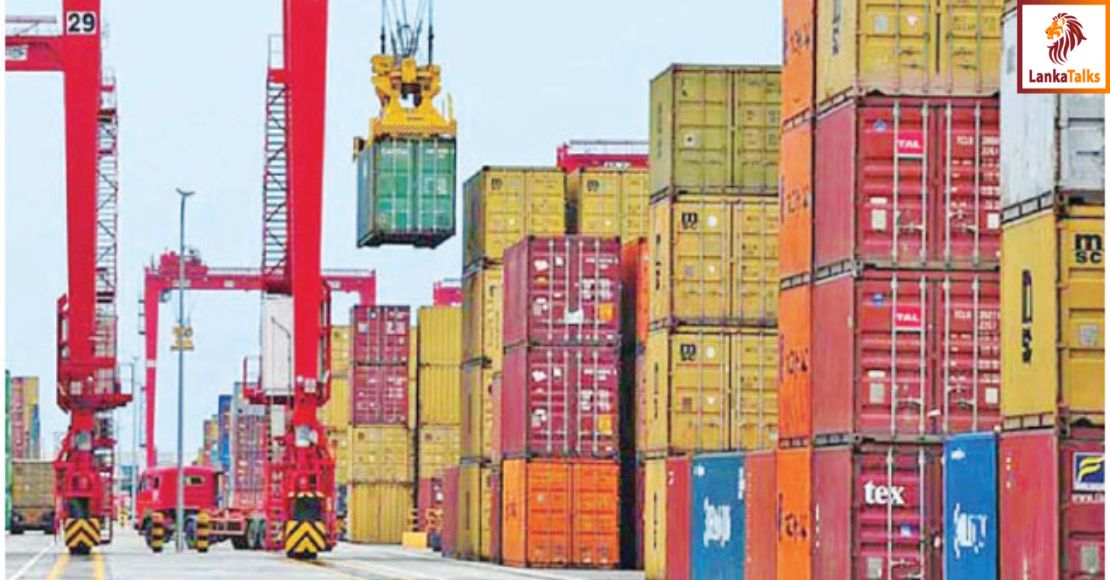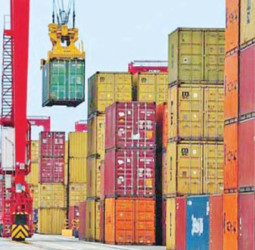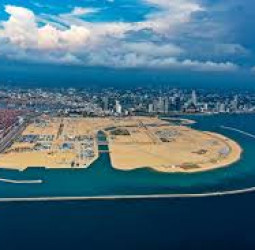Delays in cargo clearances significantly impact government revenue, primarily because Sri Lanka Customs is the second largest revenue-collecting agency of the government, responsible for customs duties and taxes on imports and exports.
In 2024, Sri Lanka Customs achieved a record revenue collection of over 1 trillion rupees, yet ongoing cargo clearance delays have led to trade resulting in substantial business losses says according to an ‘Insight article’ on Sri Lanka’s global competitiveness being at risk, and the economic cost of cargo clearance delays, written by an Economist at The Ceylon Chamber of Commerce, together with a Senior Trade Facilitation Expert. These delays impose substantial economic costs that adversely affect Sri Lanka’s GDP, leading to higher operational expenses for businesses and limiting foreign direct investment opportunities. Establishing a transparent and accountable system is crucial for reducing delays in cargo clearance. This includes publishing real-time data on clearance times and holding regulatory bodies accountable for inefficiencies.
By enhancing transparency, businesses gain better visibility into their goods’ status, which minimizes uncertainty and potential delays. Colombo Port stands as a crucial hub for international trade, strategically positioned along key maritime routes and ranking among the world’s leading ports. Its advanced facilities and efficient operations enable quick turnaround times for vessels, while its deep- water capabilities accommodate large container ships, reinforcing its role as a transshipment center for cargo destined for South Asia and beyond.
However, to fully leverage these advantages, it is essential to address domestic cargo clearance delays caused by border agencies. Streamlining these processes is vital not only for enhancing trade competitiveness but also for securing Sri Lanka’s economic future. By implementing modern solutions such as the National Single Window, digitalizing customs and other border agency operations, and fostering public-private partnerships, Sri Lanka can overcome existing inefficiencies. This will unlock new growth opportunities, bolster its position in leading to export-led growth, and ensure long-term economic prosperity for Sri Lanka. Engaging the private sector through public-private partnerships can drive innovation and improve infrastructure related to cargo handling. By incorporating private sector expertise in policy discussions, the government can create a more conducive business environment that addresses the concerns of traders. PPPs can facilitate investments in infrastructure while allowing the government to maintain regulatory oversight, thus optimizing resource allocation and enhancing service quality.



 Mifra
Mifra




